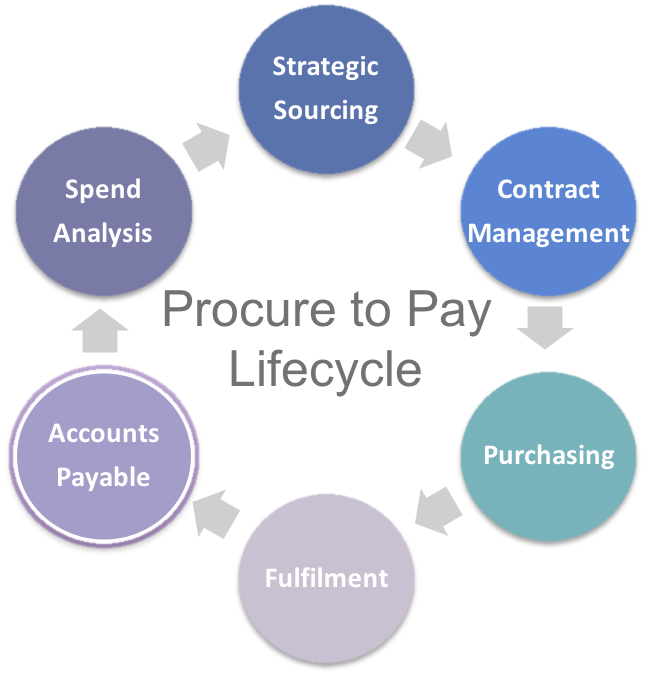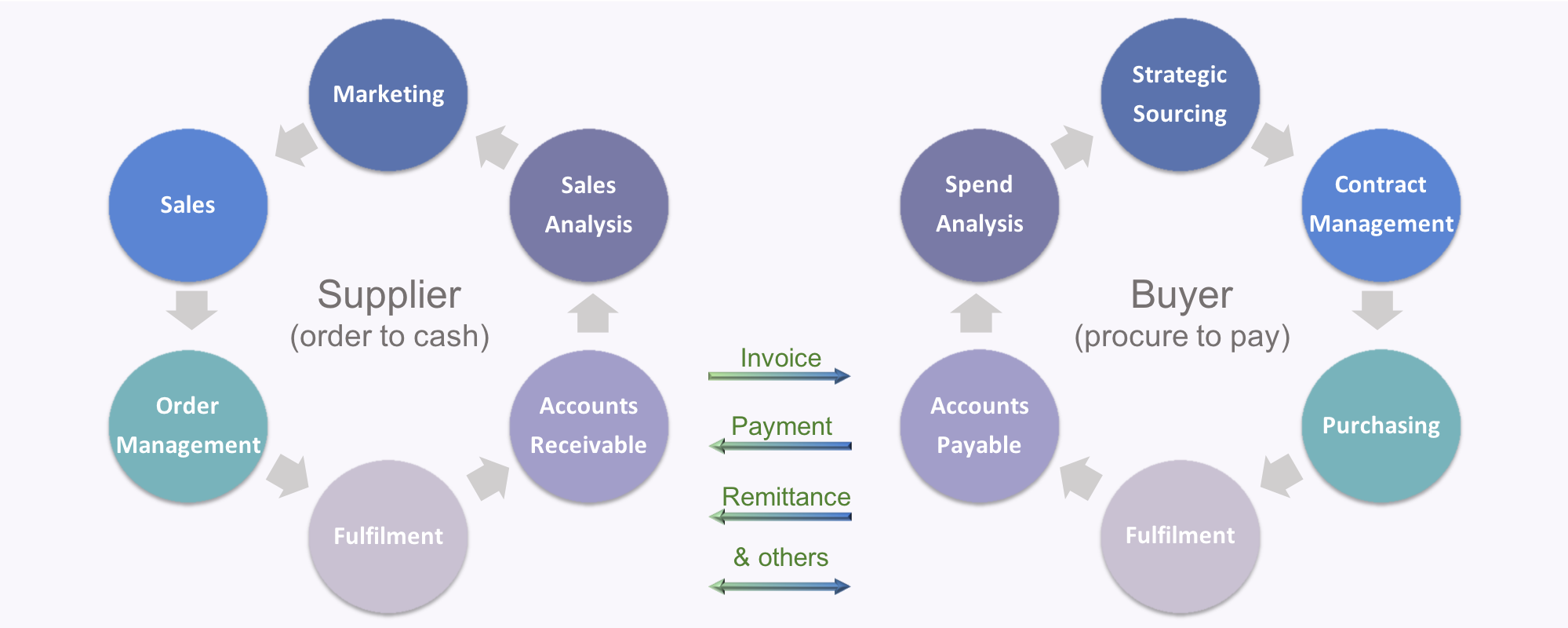DCAF Online
Helping businesses embrace the digital economy - a contemporary approach to businesses having visibility of the digital standards and frameworks their service providers support
More about DCAFOnline Our initiatives Credentialed ProvidersHelping businesses embrace the digital economy - a contemporary approach to businesses having visibility of the digital standards and frameworks their service providers support
More about DCAFOnline Our initiatives Credentialed ProvidersDigital transformation or more aptly called business transformation, has become an imperative for all businesses (small, medium and large). It's not just about embracing new technologies, it is more a change in thinking and organisational culture - to usher in a positive change and to optimise business operations/activities, lower cost and improve time to market. One such area is in the procure to pay (buyer's perspective) or order to cash (supplier's) lifecycle, where buyers and suppliers are constantly exchanging procurement related documentation - businesses now want to do this digitally. They want to be digital on the inside and digital on the outside.
Invoicing is part of the accounts payable stage of the procure to pay lifecycle. eInvoicing is the exchange and processing of the invoice document between a supplier’s and a buyer’s systems in an integrated (structured) electronic format. Invoice data issued in emailed PDF, Excel spreadsheets and word documents or scanned paper invoices are not considered as eInvoices. eInvoicing has now become more synonymous with maximising the automation of the accounts payable stage.

Large enterprises usually operate across the full continuum of the procure to pay lifecycle. The vast majority of businesses (small businesses) usually focus more on the accounts receivable and accounts payable stages. Every business has trading partners (buyer/s and supplier/s). Businesses exchange procurement information (documents) in some form or the other with their trading partners. The most common activities between trading partners are invoicing, payments and remittances.

| Dimensions | Suppliers | Buyers |
|---|---|---|
|
Enriched interactions |
|
|
|
Optimised operating models |
|
|
|
Enhanced decision support and insight |
|
Business management or accounting systems have recently become very popular and cost effective to generate, exchange and process digital documents such as invoices. When systems exchange information digitally it is important that they all speak the same technical language. This includes:
The common language these systems speak, making them digitally interoperable, are based on technology standards. In many cases these standards are packaged with sets of policies and guidelines as an Interoperability Framework. Such frameworks assist software or service providers in building digital interoperability into their products.
DCAFOnline is designed to help vendors publish their compliance with such Frameworks and hence give businesses visibility on which software or services are compliant with these frameworks. Business can then use the DCAFOnline results to inform their software/ service purchasing decisions or to support requests for interoperability features from their existing providers.
DCAFOnline is currently undergoing beta testing. All businesses will have free access once it is launched. Please contact us should you wish to be further updated.
There is little doubt that standards or interoperability frameworks are fundamental to enabling digital interoperability. Ensuring they are used in a prescribed way, through governance or other mechanisms, is more important. Governance is the glue that makes interoperability work. Given the diverse range of digital standards in use, there is inevitably going to be gaps in assessing digital service providers' adherence to an interoperability framework or organised collection of standards. Some of these gaps include:
These gaps, if left unaddressed, can be expected to significantly inhibit market adoption. There needs to be a simple and cost-effective way for businesses to determine or evaluate whether their providers support an organised collection of standards (or frameworks) and for service providers to voluntarily and transparently publish their credentials as a set of digital capability assertions. DCAFOnline is based on a Digital Capability Assertion Framework (DCAF). The approach uses transparency as a governance and compliance tool to help facilitate and enable self-regulation of a digitally interoperable ecosystem. Transparency, used in the DCAF prescribed manner, will hold participants to the highest level of service and business conduct.
DCAF has been designed to provide foundational capabilities in support of interoperability frameworks intended for many vertical industries - extensibility by design.
DCAFOnline facilitates and enables service providers to publish their digital capability assertions in a transparent and uniform manner. It uses the Digital Capability Assertion Framework ™ (DCAF), a multi-tiered or multi-levelled approach, which specifies a set of criteria for a particular initiative. DCAFOnline is designed to support many initiatives, for example the Digital Business Council’s eInvoicing initiative. Any service provider may request inclusion of support for new initiatives. The levels are:
| # | Description | Example |
|---|---|---|
|
Level 1 |
Service Provider declares adherence to DCAF published criteria with self-testing. |
DCAF Digital Procurement Level 1 |
|
Level 2 |
Service Provider declares adherence to DCAF published criteria with annual verification performed by DCAFOnline subject matter experts. |
DCAF Digital Procurement Level 2 |
|
Level 3 |
Attainment of level 2 and additional rigorous testing (initiative specific). |
DCAF Digital Procurement Level 3 |
|
Level 3+ |
All requirements for Level 3 in addition to requirements specified by a third party. |
DCAF Digital Procurement Level 3+ ACME Supply Chain |
Service providers undergoing the process of applying for any level, or if their qualification is under review, may be granted an additional status of provisional for that level e.g. DCAF Digital Procurement level 1 Provisional. The level3+ approach is designed-in as an extensibility option to reduce duplication and unnecessary costs being imposed on digital service providers. DCAFOnline is not intended to
Email: moc.enilnofacd@ofni